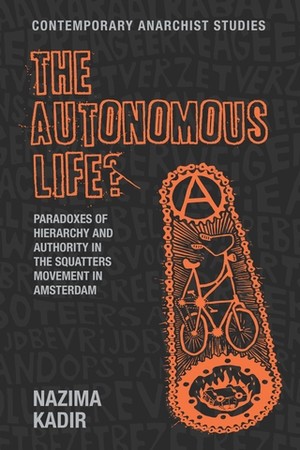The autonomous life?: Paradoxes of hierarchy and authority in the squatters movement in Amsterdam
Abstract
This book is an ethnographic study of the internal dynamics of a subcultural community that defines itself as a social movement. While the majority of scholarly studies on this movement focus on its official face, on its front stage, this book concerns itself with the ideological and practical paradoxes at work within the micro-social dynamics of the backstage, an area that has so far been neglected in social movement studies. The central question is how hierarchy and authority function in a social movement subculture that disavows such concepts. The squatters’ movement, which defines itself primarily as anti-hierarchical and anti-authoritarian, is profoundly structured by the unresolved and perpetual contradiction between both public disavowal and simultaneous maintenance of hierarchy and authority within the movement. This study analyzes how this contradiction is then reproduced in different micro-social interactions, examining the methods by which people negotiate minute details of their daily lives as squatter activists in the face of a funhouse mirror of ideological expectations reflecting values from within the squatter community, that, in turn, often refract mainstream, middle class norms.
Keywords
radical left; participant observation; squatters movement; anthropology; ethnographyDOI
10.7765/9781784997564ISBN
9781784997564OCN
1001278949Publisher
Manchester University PressPublisher website
https://manchesteruniversitypress.co.uk/Publication date and place
2016Series
Contemporary Anarchist Studies,Classification
Social and cultural anthropology
Anarchism


 Download
Download